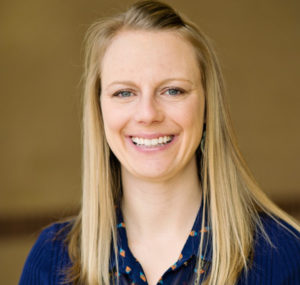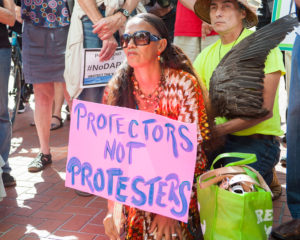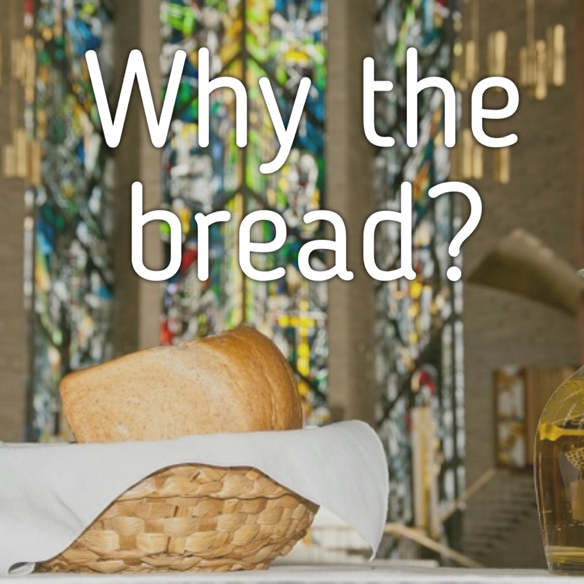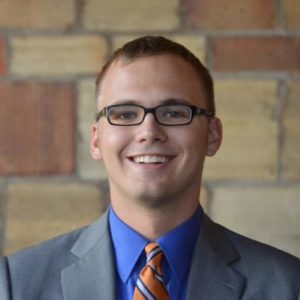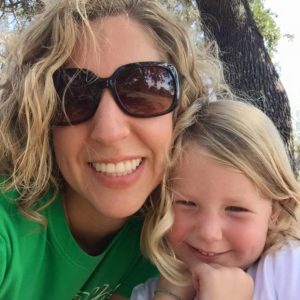Por Elizabeth Eaton
“Maestro, ¿cuál es el mandamiento más importante de la ley? ‘Ama al Señor tu Dios con todo tu corazón, con todo tu ser y con toda tu mente’ —le respondió Jesús—. Este es el primero y el más importante de los mandamientos. El segundo se parece a este: ‘Ama a tu prójimo como a ti mismo’. De estos dos mandamientos dependen toda la ley y los profetas” (Mateo 22:36-40).
A fines de marzo de este año pasé una maravillosa semana con el obispo y líderes ordenados del Sínodo de Montana en su conferencia teológica anual. Y aún más gratificante fue que se nos unieron el obispo y clérigos de la Diócesis Episcopal de Montana, así como Michael Curry, obispo presidente de la Iglesia Episcopal. Existen muchas cosas que son propias de cada una de nuestras tradiciones específicas, pero resultó obvio que compartimos muchas más cosas. En cierto momento de la presentación, Curry se inclinó hacia mí y me dijo que si cerraba los ojos podría jurar que se encontraba en una de sus propias reuniones.
Durante la conversación, dos participantes, uno luterano y otro episcopal, destacaron que otros líderes cívicos y religiosos habían hecho declaraciones públicas sobre la necesidad de un discurso civil durante esta temporada de elecciones y se preguntaban si los líderes de la ELCA y la Iglesia Episcopal podrían hacer lo mismo. Ambos dejaron claro que no querían una declaración política o un aval a un partido o candidato. Lo único es que pensaban que parte de la retórica ya no resultaba atractiva para lo mejor de nosotros mismos, sino que se estaba abriendo la puerta a la división y la desconfianza. Querían saber si sus comunidades de fe podrían decir algo a nuestra gente que pudiera generar algo de claridad y esperanza.
Merece la pena mencionar que la primera parte de la Primera Enmienda tiene que ver con la libertad religiosa: “El Congreso no promulgará ninguna ley que se aboque a la adopción de una religión o que prohíba el libre ejercicio de la misma”. Para cuando se redactó la Carta de Derechos, los Estados Unidos ya eran el hogar de aquellos a los que, por lo menos, se les había impedido de alguna manera el ejercicio de su vida religiosa por causa de una religión establecida en su anterior país y en este país. Disidentes de Inglaterra, católicos romanos y cuáqueros habían enfrentado la oposición y represión por parte del estado. La Primera Enmienda pretendía mantener las manos del gobierno fuera de la religión. No fue pensada para evitar que la comunidad religiosa hablara al gobierno o participara en el mismo.
Los luteranos no se retiran del mundo. Martín Lutero creía que las personas de fe tienen el deber de participar en la esfera política y, en caso de ser necesario, pedir cuentas a las autoridades civiles. También ofreció esta útil explicación del octavo mandamiento: “Debemos temer y amar a Dios de modo que no mintamos a nuestro prójimo, ni le traicionemos, ni le calumniemos, ni le difamemos, sino que le disculpemos, hablemos bien de él e interpretemos todo en el mejor sentido” (Catecismo Menor).
Pero veamos lo del discurso civil en esta temporada política. Entiendo que el mundo es un lugar peligroso; entiendo que muchas personas en nuestro país se sienten ignoradas y abandonadas. Existen preocupaciones legítimas sobre seguridad, política externa y política nacional. Los candidatos y partidos políticos tienen el deber de hablar de esas preocupaciones y defender la opinión de su plan.
Durante la reunión teológica, Curry destacó la respuesta de Jesús al abogado en la que decía que el amor a Dios y el amor al prójimo, así como el estándar por el que tratamos a los demás, deben ser nuestra forma de participar en la sociedad. El discurso político que no asegure que el “otro” sea tratado con el mismo respeto y cariño que desearíamos para nuestro hermano, hermana, padre o madre no es lo que Dios tiene en mente para la comunidad amada de Dios.
Somos un pueblo de la Pascua. Hemos sido redimidos por el indescriptiblemente bello acto de amor de Jesús en la cruz. Pido que nosotros, y los candidatos a un cargo de servicio público, recordemos que se nos ha confiado un mundo redimido y que siempre debemos recordar que Cristo también murió por aquellos que no están de acuerdo con nosotros.
Mensaje mensual de la obispa presidente de la Iglesia Evangélica Luterana en América. Esta columna se publicó por primera vez en la edición de mayo de 2016 de la revista en inglés The Lutheran. Reimpreso con permiso.


